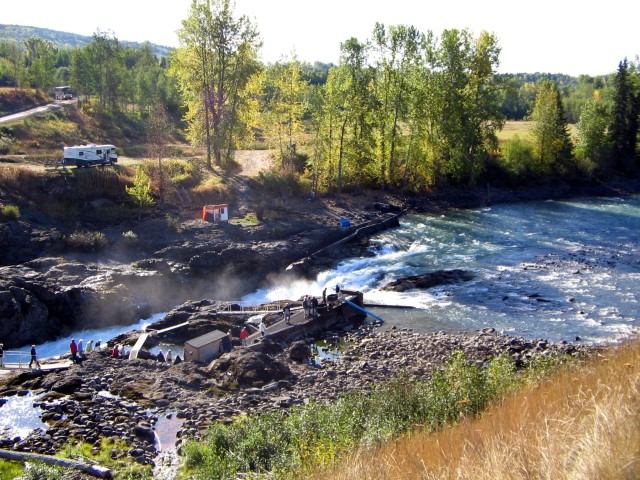
Has the loudest support silenced those who were meant to be supported?
By Matthew Fraser, Opinions Editor
World history is rife with conflicts. Some conflicts were started by a ricochet of events, while others were by-products of movements, machinations, and clandestine plans. Some conflicts are so old and intricate that they can only be understood by those who have dedicated themselves to the histories underlying the face off.
Conflicts between First Nations and the Canadian government represent all of these historic beginnings. Any altercation in Canada between government and the First Peoples of Canada is laden with histories, angers, agonies and broken treaties that very often originate from the first day of Canada as a country on earth.
Frequently in an effort to show support for the First Peoples, political groups and movements glue themselves to a single cause or an idea closely related to that cause. Yet, there are times when the fight done in the name of First Nations people takes place on a battlefield removed from their immediate plights.
With these thoughts in hand, we turn to the Wet’suwet’en protests of today. Many people believe that they are doing the best thing possible to support the land defenders and their plight. People have been marching in solidarity from one end of Canada to the other, people have joined road or railway blockades around the country, and many have protested in front of parliament buildings or even chained themselves to doors for this cause.
Without a doubt, every moment of these protests has been worthwhile. Yet, some realizations have crept forward into our conversation and understanding that are worth discussing—some of the very peoples who are being fought for are no longer being heard from.
From day one, the Wet’suwet’en people who do in fact support the pipeline have themselves been buried under the noise of the blockade. As protests disrupted traffic at Commercial-Broadway and elsewhere, reference to those who felt the pipelines were to their benefit were unceremoniously hushed and forgotten.
Suddenly, by being on the wrong side of politics, they were rendered as non-entities. The peoples whose lands were being defended (frequently by outsiders) have had their lawful choice and self-determination ripped from their hands and thrown asunder.
The so called solidarity has an unfortunate underbelly of problems. It is clear to many that the First Nations People who have to choose between waiting for government funding (that has been continually cut and stalled) or the selling of their own lands—knowing that it could result in destruction—is a rock and a hard place that should not be forced upon anyone. Yet, the decision of some to pursue economic and political self-determination has been unfairly drowned out by the masses.
At this junction I must cover myself. Though I have no problem being an antagonist of thought, I don’t want to be misrepresented or misunderstood, so I have to say clearly that I do not support the building of these pipelines. I have been swayed by the studies about the negative environmental impacts of other pipelines across North America, and I have read the data connecting many of the work camps to increased levels of sexual and physical assault against First Nations women.
However, more importantly, I am an outsider. I am not affected as surely as the Wet’suwet’en people by the presence or absence of this pipeline. I also understand why someone would choose billions of dollars offered to improve their own community and accept any and every job proffered by Coastal Gaslink for example.
I can understand how someone whose grandparents and parents survived awful hardships at the hand of the government would rather throw their lot in with a corporation who is offering a step away from governmental dependence. I understand how they’d prefer that option to sitting in quiet suffering until the next election cycle for photo ops and empty promises.
Given the aggressiveness and abruptness with which the RCMP have dismantled various protest sights, I understand the issue many will have… however there should be a focus on the motivations of the people who actually live in Wet’suwet’en lands.
Not the blockades, not the thousands flocking to protests, not even those who disagree with what I’m saying. Some of the Wet’suwet’en people have been bolstered by national (and even international) support, yet many of these people have been silenced.
It’s not right that these protest groups praise themselves while
ignoring the damages they do to the people who are actually affected firsthand.


